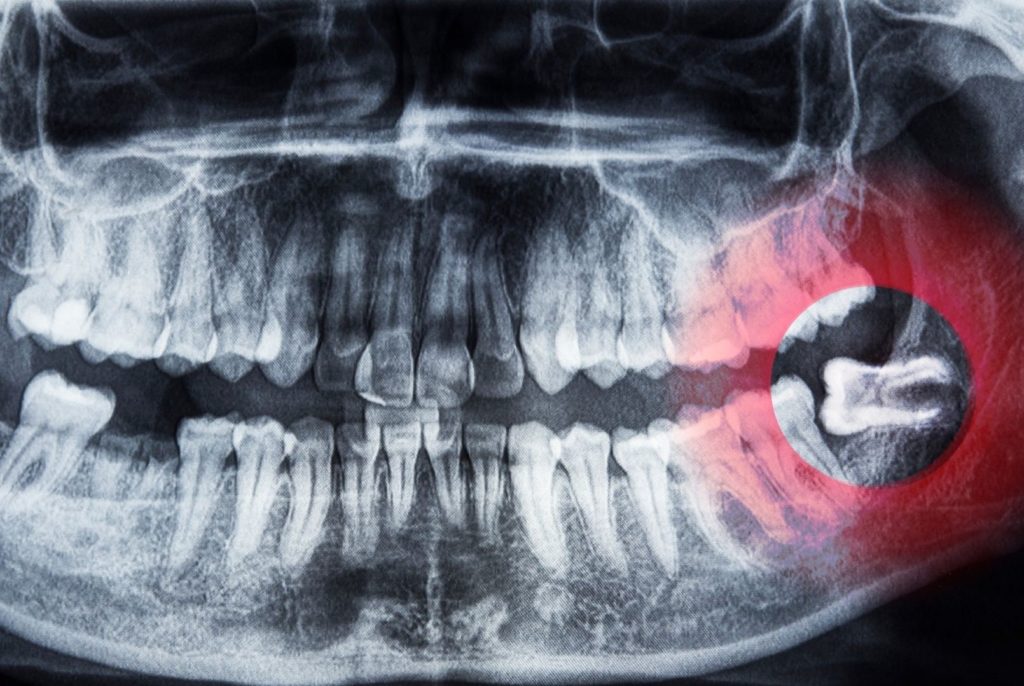Discovering Different Sedation Options for a Comfortable Wisdom Teeth Extraction Experience

Local Anesthesia
Regional anesthesia is a generally made use of technique for numbing specific areas of the mouth throughout wisdom teeth extraction procedures. By providing a local anesthetic, such as lidocaine, a dental professional can guarantee that the person continues to be pain-free and comfy throughout the removal process. Regional anesthesia works by temporarily blocking the nerves in the mouth, preventing them from sending out pain signals to the brain. This enables the dental expert to carry out the extraction without triggering any kind of pain to the person.
Among the main advantages of local anesthesia is its targeted numbing effect, which means that just the particular area being dealt with is influenced. This local technique reduces the risk of systemic negative effects and permits for a quicker recuperation post-procedure. wisdom teeth removal aspendale. Furthermore, regional anesthesia is considered to be a secure and regular method in dentistry, with minimal threats entailed when provided by a qualified professional
Laughing Gas

As soon as the mask is removed, the impacts of the gas use off promptly, allowing clients to resume their typical tasks without sticking around sedative results. Nitrous oxide is suitable for clients of all ages, making it a flexible sedation choice for wisdom teeth extractions and other dental treatments.
Dental Sedation

Unlike intravenous sedation, dental sedation does not require injections or needles, making it a much more comfy choice for people with a fear of needles. In addition, oral sedation is considered risk-free and reliable when administered by experienced oral experts.
IV Sedation
Carried out intravenously by qualified doctor, IV sedation is a powerful technique made use of to cause a controlled state of deep leisure and unfamiliarity during oral procedures. Unlike oral sedation, which can be uncertain in its effects, IV sedation enables for accurate control over the degree of sedation, making it a perfect selection for complex procedures like knowledge teeth extractions.
During IV sedation, a sedative medication is supplied directly into the bloodstream via a blood vessel, enabling it to work quickly and effectively. This technique ensures that the individual continues to be uninformed and comfy of the treatment while still keeping vital features such as breathing and heart rate.
Among the primary advantages of IV sedation is its capability to provide a much deeper degree of sedation contrasted to various other approaches, making recommended you read it particularly suitable for individuals with high degrees of stress and anxiety or those going through considerable dental work. Furthermore, the effects of IV sedation normally disappear gradually after the treatment, lowering the chance of grogginess or sticking around side impacts. In general, IV sedation provides a risk-free and efficient option for ensuring a comfy and stress-free experience during knowledge teeth removal.
General Anesthesia
Having talked about the advantages of IV sedation for knowledge teeth extraction, the usage of general anesthetic supplies an alternative choice for people needing a deeper degree of unconsciousness during oral procedures. General anesthetic causes a controlled state of unconsciousness, making certain the client really feels no discomfort or discomfort throughout the extraction procedure. This approach is especially useful for people with serious oral anxiousness, complex surgical demands, or those undergoing several extractions at the same time.
General anesthesia is administered by an experienced anesthesiologist who very closely checks the individual's vital indications throughout the treatment. It entails using intravenous medications or inhaled gases to generate a state of unconsciousness. While under general anesthetic, the patient will not be aware of the surgical procedure, experience any kind of discomfort, or have any type of recollection of the procedure afterward.
Although general anesthetic is secure when administered by certified experts, it lugs a somewhat higher threat compared a fantastic read to other sedation choices. wisdom teeth removal aspendale. People thinking about general anesthesia for wisdom teeth removal view website need to go over the possible risks and benefits with their dental professional or oral specialist to make an educated choice based upon their private demands and medical history
Conclusion
To conclude, numerous sedation options are available to guarantee a comfortable wisdom teeth removal experience. Local anesthesia is typically utilized for numbing the specific location, while laughing gas gives leisure and discomfort alleviation. Dental sedation and IV sedation deal much deeper degrees of leisure, relying on the individual's requirements. General anesthesia can be made use of for more complex instances. It is necessary to seek advice from with your dental practitioner or oral cosmetic surgeon to identify one of the most ideal sedation choice for your treatment.
Nitrous oxide is ideal for clients of all ages, making it a functional sedation alternative for wisdom teeth removals and other oral procedures.
Unlike intravenous sedation, oral sedation does not require needles or shots, making it an extra comfortable alternative for individuals with a fear of needles.One of the main benefits of IV sedation is its capacity to offer a much deeper level of sedation contrasted to other techniques, making it particularly appropriate for patients with high degrees of anxiety or those going through extensive dental job.Having gone over the benefits of IV sedation for knowledge teeth extraction, the use of general anesthesia gives an alternative choice for patients needing a much deeper degree of unconsciousness throughout oral procedures. Oral sedation and IV sedation deal much deeper degrees of relaxation, depending on the client's demands.